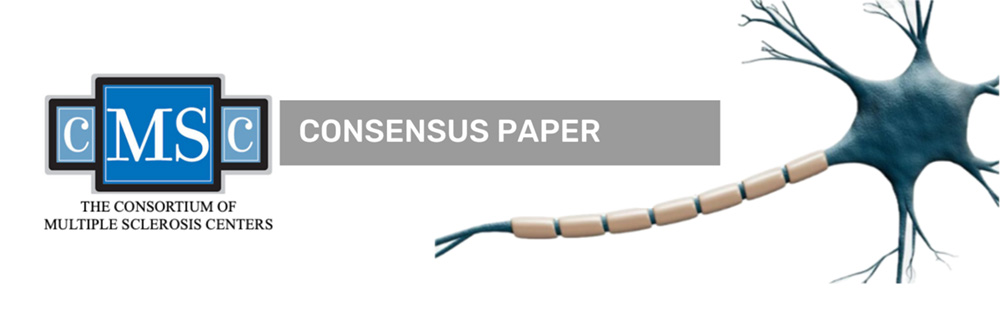According to a new AAN guideline, Complementary and Alternative Medicine in Multiple Sclerosis,
there is little evidence for the effectiveness of most complementary and alternative medicine (CAM) therapies for treating MS. However, there is evidence that certain CAM therapies, including some forms of medical marijuana (cannabis) administered in a pill or oral spray, might be effective for treating MS symptoms such as patient-reported spasticity, spasticity-related pain, and fatigue. The evidence is insufficient to show whether smoked marijuana is effective or safe in the treatment of MS symptoms. The guideline was published in the March 25, 2014, issue of Neurology®.
There is not enough information to show whether CAM therapies interact with pharmaceutical medications for MS treatment. The safety of most CAM therapies is unknown, and most CAM therapies are not regulated by the US Food and Drug Administration (FDA). Dronabinol (Marinol) and nabilone (Cesamet) are the only forms of medical marijuana with FDA approval, although not for use in MS. Both medications are synthetic forms of key constituents of marijuana. The FDA approved dronabinol and nabilone as treatments for nausea and vomiting associated with cancer chemotherapy that do not respond to standard treatments. Dronabinol also is approved for anorexia associated with weight loss in patients with AIDS.
Long-term safety of cannabis is unknown. Cannabis causes adverse effects, and some can be serious, including seizures, dizziness, thinking and memory problems, and psychological problems such as depression and psychosis. This can be of concern since some people with MS are at risk for depression or suicide.
The guideline also addresses the effectiveness of magnetic therapy, ginkgo biloba, reflexology, omega-3 fatty acids such as fish oil, the Cari Loder regimen, and bee sting therapy.
Read the guideline and access PDF summaries for clinicians and patients, a slide presentation, a clinical case example, and a companion article on payment policy issues.
For more information, email Julie Cox or call (612) 928-6069.








